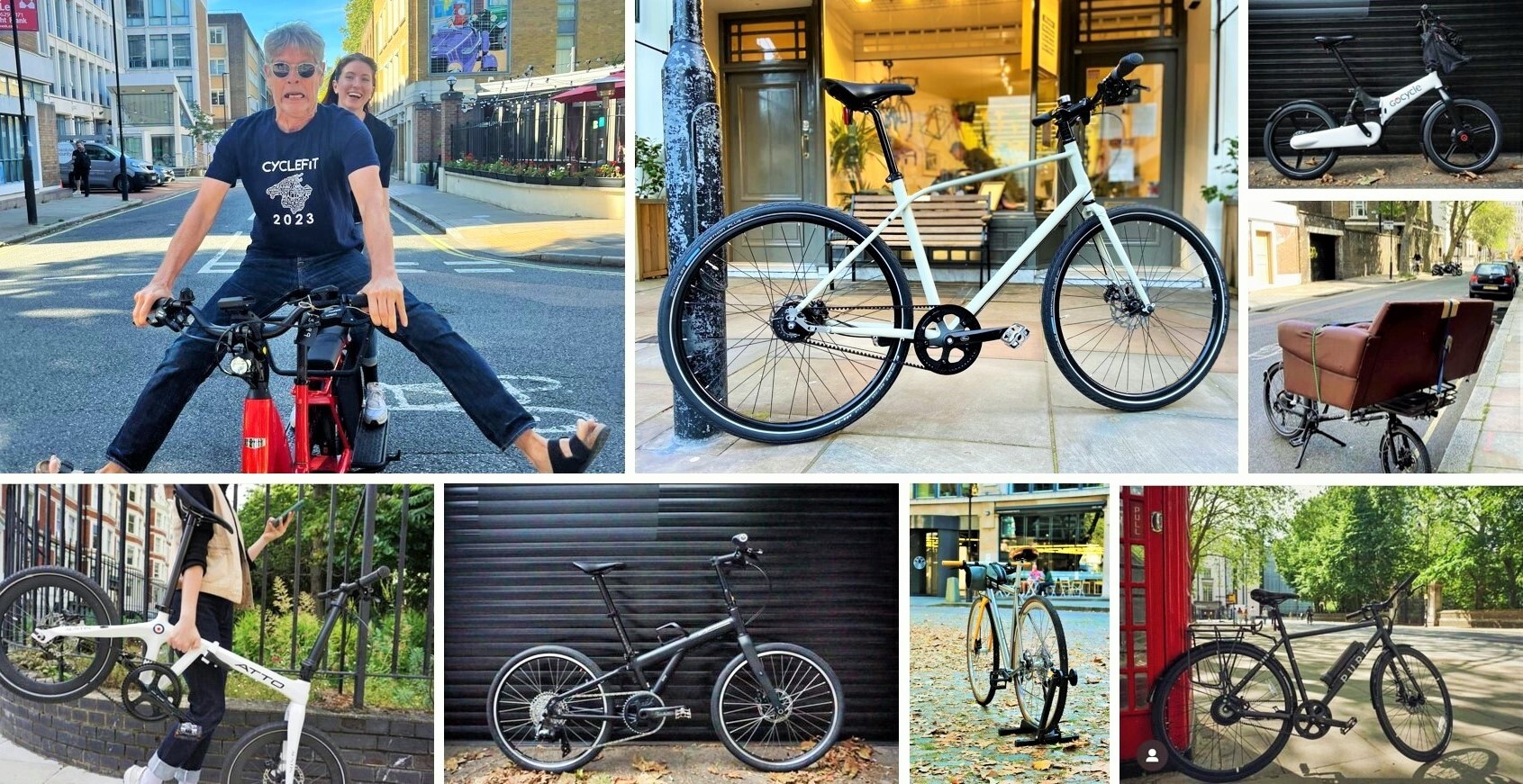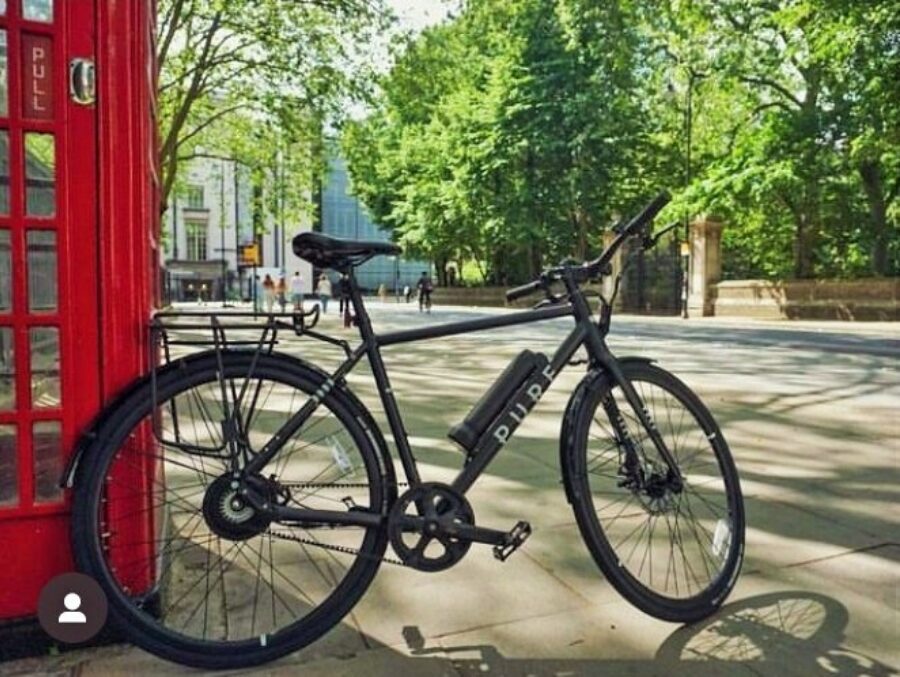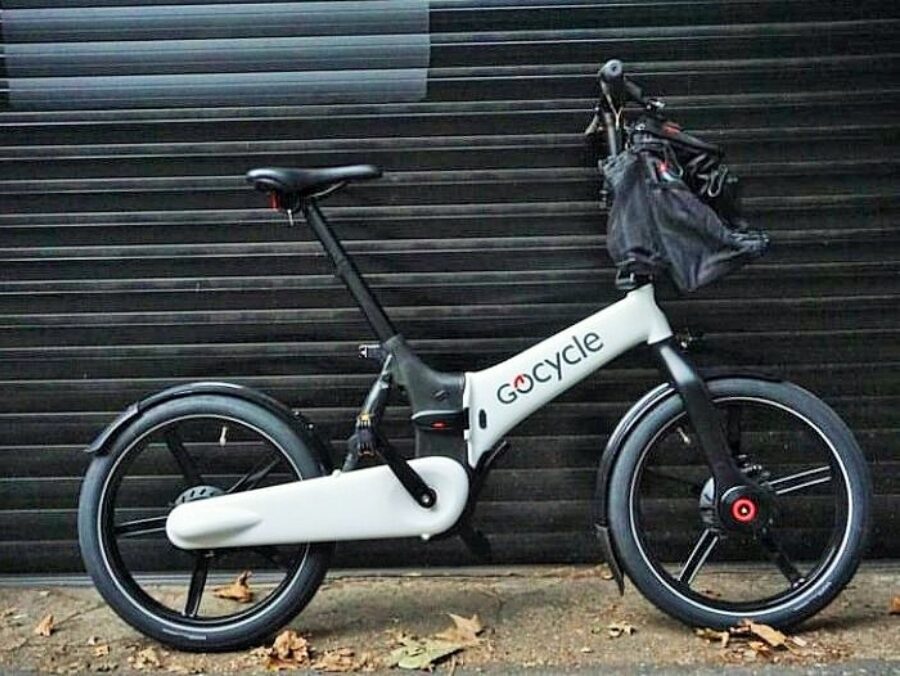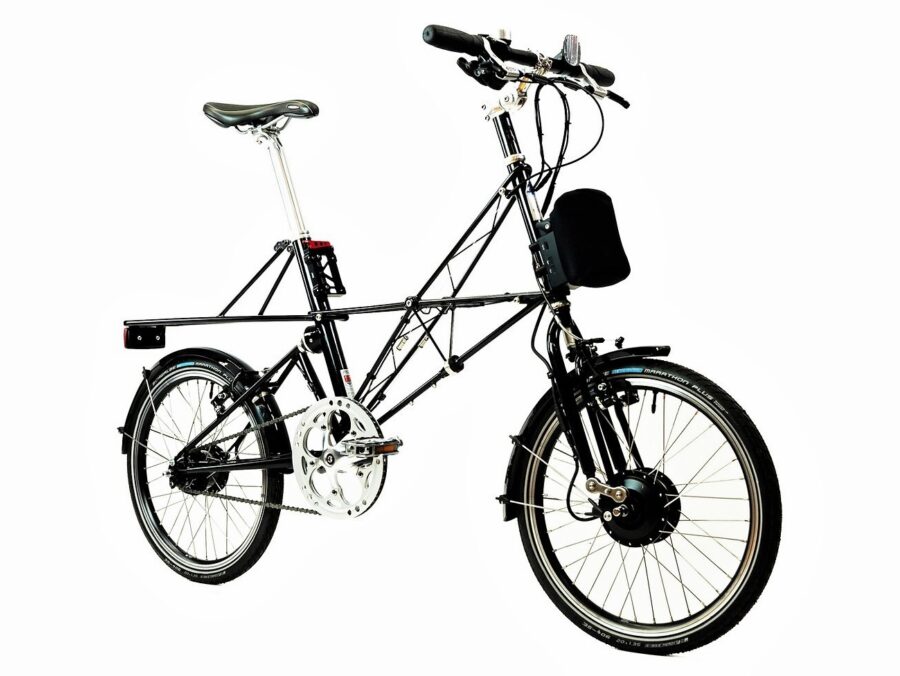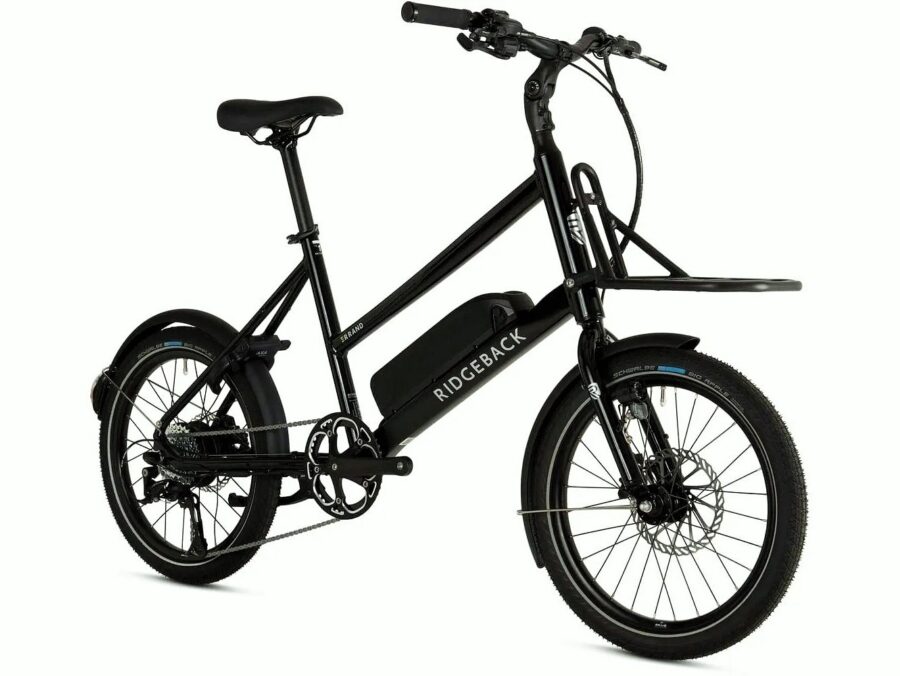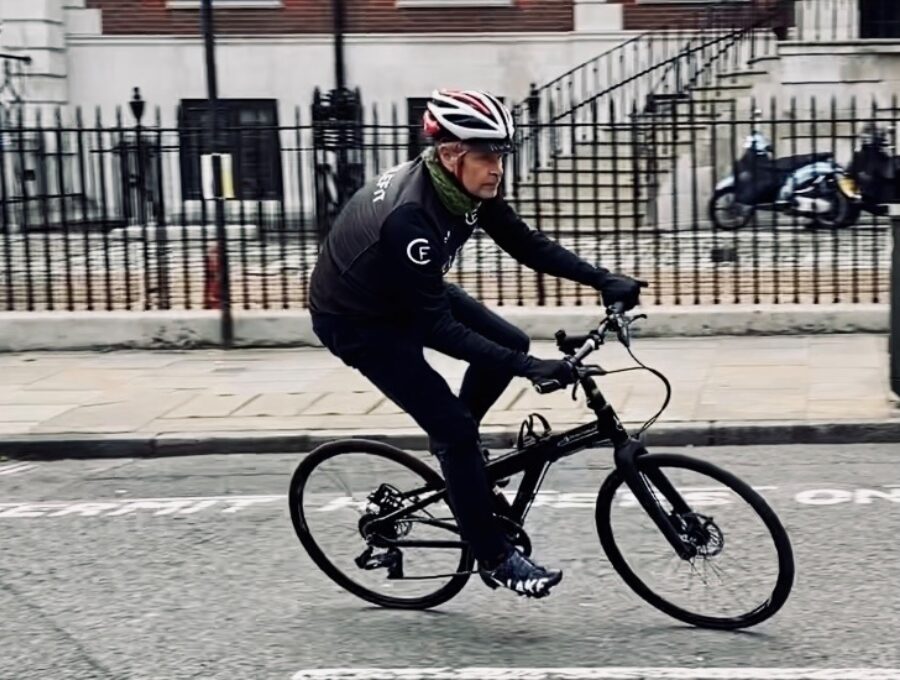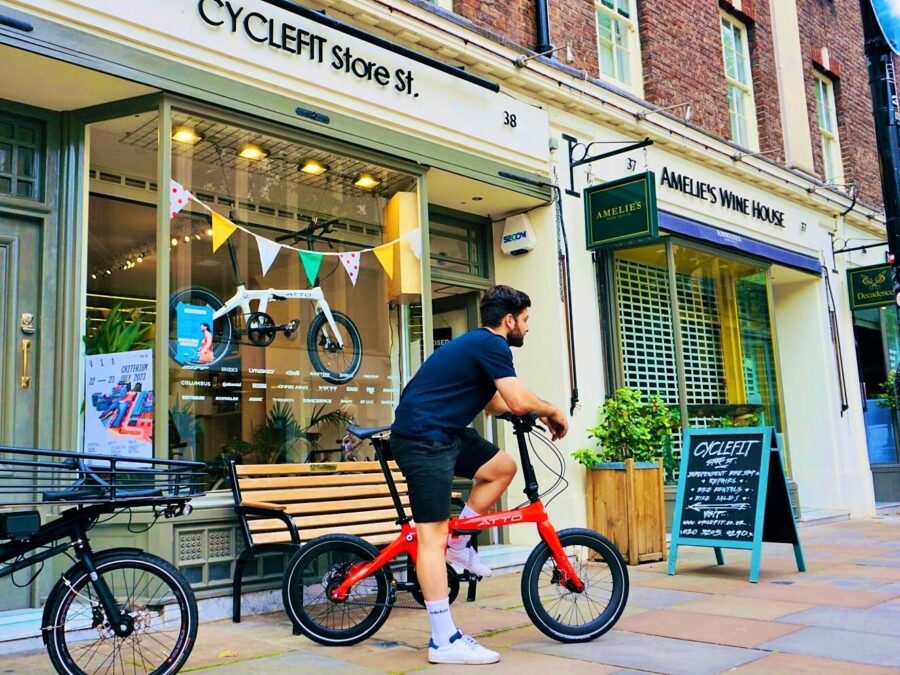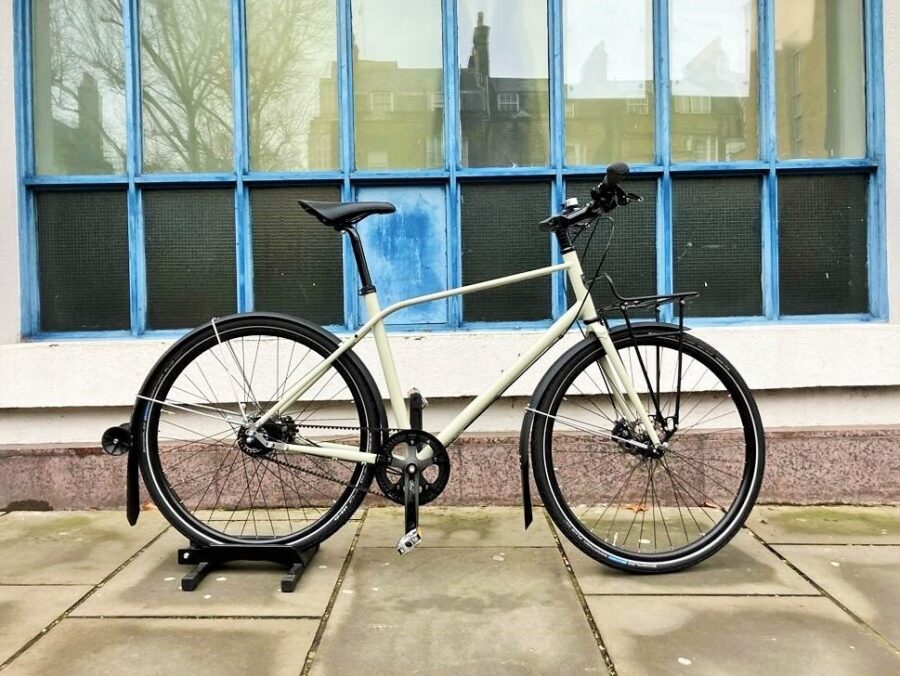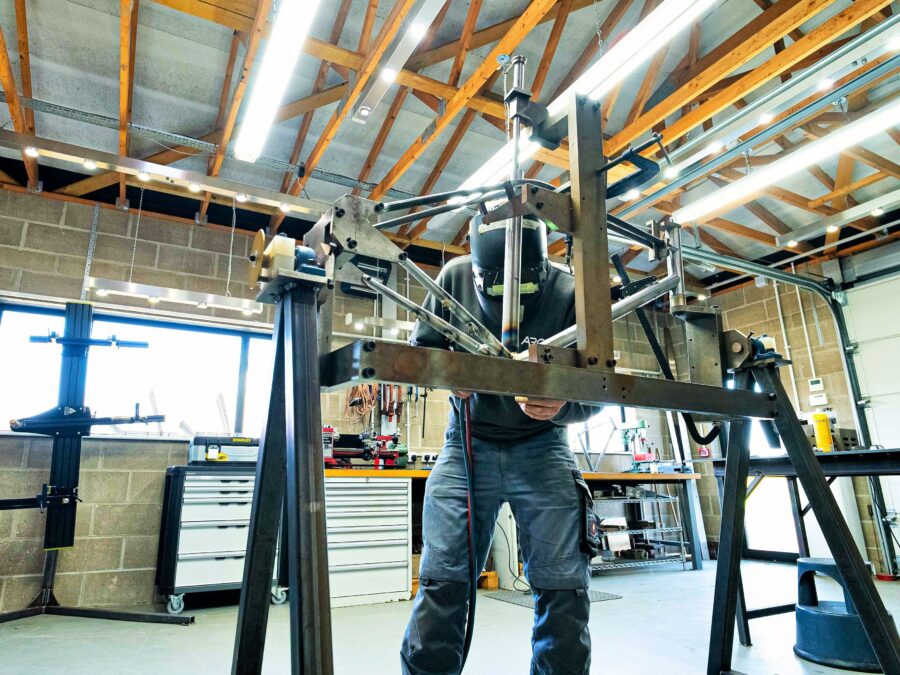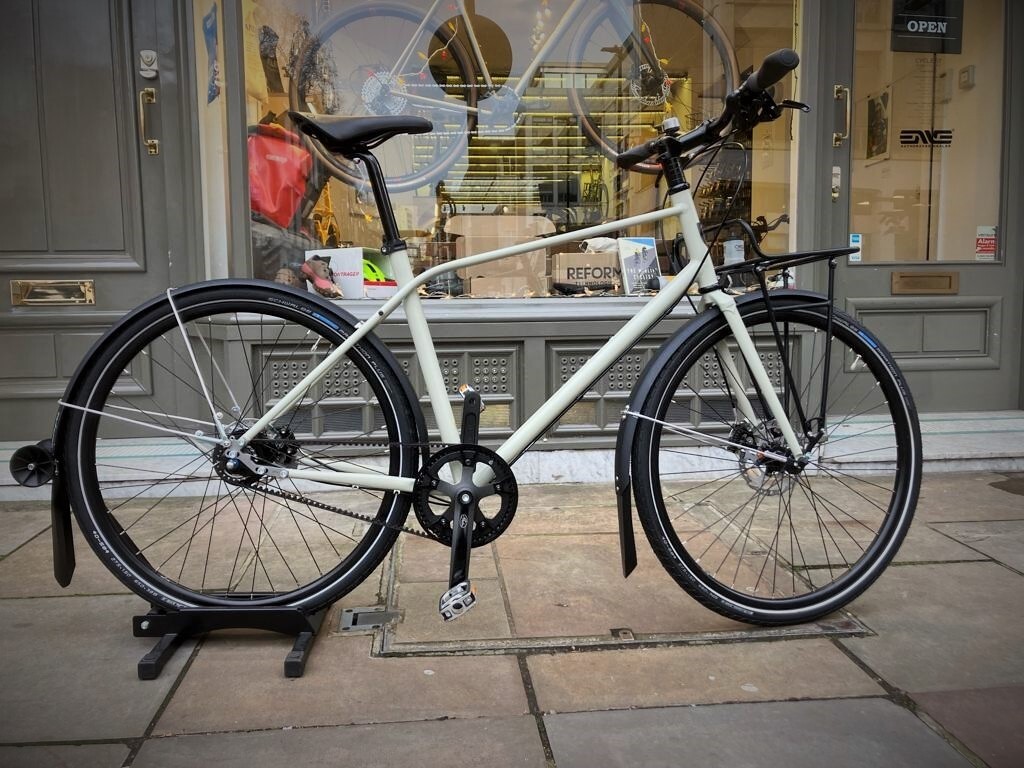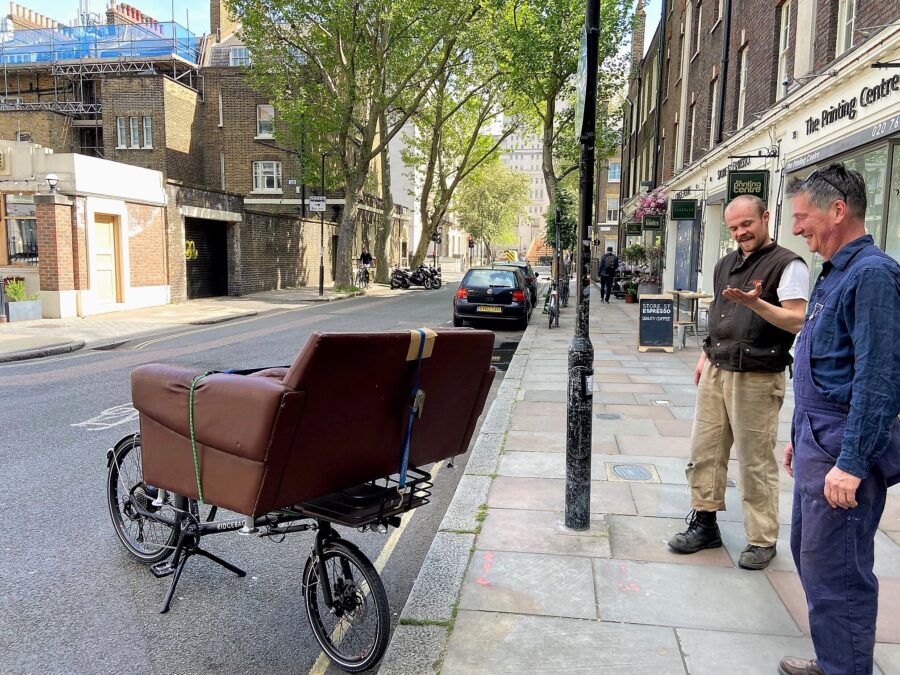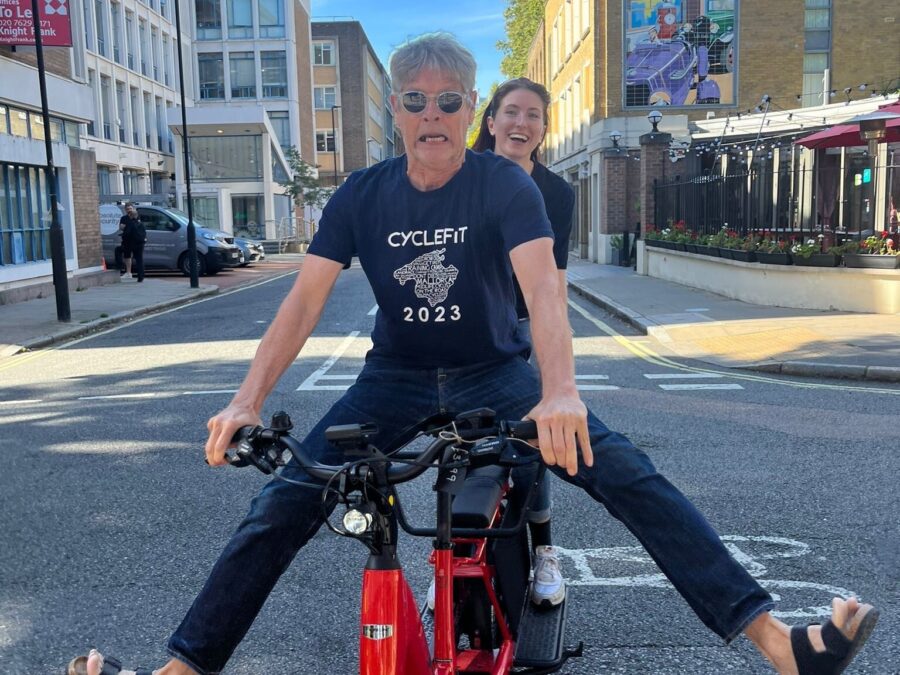"Once we sample riding bicycles, we seek to do more of it and not less."
The Alt-bike Universe
It seems to be a universal truism that once we sample riding bicycles, we seek to do more of it and not less.
It is a speculative thought that frequently re-occurs as I filter up the inside of another fruitless queue of congested traffic in London. If only we could give everyone a taste of the freedom and purpose of riding the right bicycle, surely most would get the instant zealotry of a convert and sell at least one of their cars or vans? What we all need is a bicycle to suit all purposes and seasons.
The Store Street & The Alt-bike Mission
And this, in a sense, is the mission of Store Street Cyclefit. To bring the innate conversation and process of Cyclefit Fire Station to other bikes in our lives
Of course, some folks will prefer the instant dopamine hit of pressing ‘add to cart’ and then deal with the almost inevitable hangover of ongoing customer care, warranty and service. But that simply isn’t us and never has been. We believe that there is as much nuance in the folding, commuter, e-bike, cargo, categories, as there is in performance road, gravel and MTB.
Here are some of our thoughts on some of the various alt-bike categories.
"An eBike is generally a replacement for a car, motorbike or season-ticket, NOT another bicycle"
E-Bikes
The most misunderstood category in the cycling firmament, or so we believe.
Here are some of our thoughts on eBikes:
Firstly – eBikes are suitable for almost everyone – whether you are a professional bike-racer or a newly-minted neophyte commuter, but they will almost certainly be different kinds of eBike. And the only way to tell which will work best for every individual is a thorough dialogue, cup(s) of coffee, followed by copious test-riding.
Secondly – all bikes in the UK are limited to 15.5mph. That either feels too fast or too slow, depending on how and where you ride. But make no mistake - 15.5 mph is THE single universal eBike defining factor.
If, however, you are already a seasoned cyclist, you will almost certainly want, on occasions, to ride faster than 15.5mph, and this will necessarily mean a particular kind of eBike that allows you to ride through the 15.5mph cap and keep pedalling under your own steam. This will require:
* More dynamic riding position
* Lightweight, narrower road-biased tyres
* Appropriate gearing and components
* Lighter overall bike weight
N.B. If you are wondering why a racer or well-conditioned cyclist would ever need an eBike in the first place? The answer is that riding an eBike can be a revelation for: commuting, injury, illness, easy-training days, social, rest-days etc. Put simply, most cyclists of all levels and pursuits, would rather be riding a bicycle than any other medium of transport. Personally I am gravitating toward conversions like ARCC from Cambridge or Swytch; because I get to define the bike and the riding position, and they tailor the drive. Cyclefit will be working much more with ARCC in 2024.
"Make no mistake - 15.5 mph is THE single universal eBike-defining factor."
"In our experience, eBikes generally need MORE, and not LESS maintenance than regular bicycles"
eBikes cont.
Thirdly – in our experience, eBikes generally need more, and not less maintenance than regular bicycles.
Lots of people (mostly non-cyclists) view an ebike as a plug ‘n play appliance like a TV or microwave. But eBikes have all the moving and consumable parts of a regular bicycle as well as a high-torque electric motor, battery, wiring harness and circuitry.
E-Bikes are actually more complex. This has caused a category-defining headache for many direct-to-consumer brands with proprietary components. They are difficult for bike shops to service. Difficult transitions to impossible if the manufacturer subsequently goes out of business!
Fourth – and most maybe most importantly - an eBike is almost always a replacement for a car, motorbike, season-ticket and NOT a bicycle.
"Define your own personal miles per fold ratio"
Folding Bikes
I have quite unintentionally become a folding-bike connoisseur. I have owned many and loved but a few.
Like eBikes, a poorly conceived folding bike purchase can be immensely frustrating. These are the questions that may you want to reflect upon:
- Define your personal miles per fold ratio? Do you ride twenty miles per day but only fold twice or do you ride six miles a day but fold ten times per day?
- Is the ride more important than the fold or the fold more important than the ride? For example, you may have a restricted space your bike has to collapse into – under a desk, in a cupboard or in a luggage rack on a bus or train. These are often non-negotiable and then become fixed criteria to be respected.
- Where do you ride – in the city, countryside, or a bit of both. This will affect which bike you buy and the gearing you need.
- Weight – will you have to carry the bike upstairs or up a platform? What weight are you comfortable carrying? You may need a folding bike you can easily wheel when the bike is partially collapsed?
- Maintenance – single speed hub gear and/or belt-drive will have lower maintenance. It all depends on how and where you intend to ride.
- Do you envisage adding eBike capability at some point? Make sure the bike you buy is compatible.
The only way to properly scrutinise whether a folding bike fits properly into your life is a through test-ride. And that may include trying your proposed bicycle on a bus, train or under your desk.
"Cheap bikes are rubbish. There is a clue in the title"
Commuter Bikes
Commuting by bicycle is a pure privilege and a joy, well for most days of the year.
It is free exercise and fresh air, which is excellent for both our mental and physical health. And of course utterly addictive because it is palpably superior to any of the alternatives.
Which is maybe why we are so constantly mystified at Cyclefit Store Street, when commuters set themselves up for failure and disappointment, because of inappropriate equipment choices.
Here are a few of our observations to provoke constructive questions:
- Cheap bikes are rubbish. There is a clue in the title. They will underperform, underwhelm, and let us down when we least need them to. They also need more maintenance and cost more in the long run. Every bike mechanic will reinforce this fundamental truth.
- Think about how far your commute is and on what kind of roads? This is the single biggest defining variable. Set yourself up for success or as the great Jimmy Wilson (Cyclefit Fire Station) says - “put your money where the miles are”.
Commuter bikes cont.
- Do you have somewhere safe to leave your bicycle? Both and work and at home? Try to avoid locking your bicycle on the street. Ever. Good bikes shops will encourage you to take your bike inside with you when you visit – we do. If you don’t have a safe place to leave your bike, think about a long-distance folder such as an Airnimal.
- Durability and comfort are EVERYTHING. Do you absolutely need carbon? Maybe steel, titanium or even aluminium would be better for winter miles?
- Commuter miles are the hardest miles on your cycling equipment.
- Mudguards make winter miles tolerable and protect your bike.
- A rack protects you from carrying heavy loads in a rucksack.
- Top quality winter tyres protect your sanity - fixing punctures on a cold, rainy night, still miles from home, is right up there with a root canal!
Cargo Bikes
Cargo bikes are taking over. They are unashamedly for good us, our commerce, our city, and the general health of the planet.
We have two cargo bikes in the Cyclefit fleet and between them they distribute all goods and personnel between the two stores and further field. It is a point of principle – even the sofa came over to Cyclefit Store Street on the broad shoulders of our Ridgeback Butcher Bike (pictured).
It is also fair to say that the Trek Fetch 2’s we supplied have changed their families lives. They have reported back that the school and supermarket trips are now adventurous fun.
Whatever bicycle project you maybe planning in 2024, we look forward to helping you make the best decisions.

